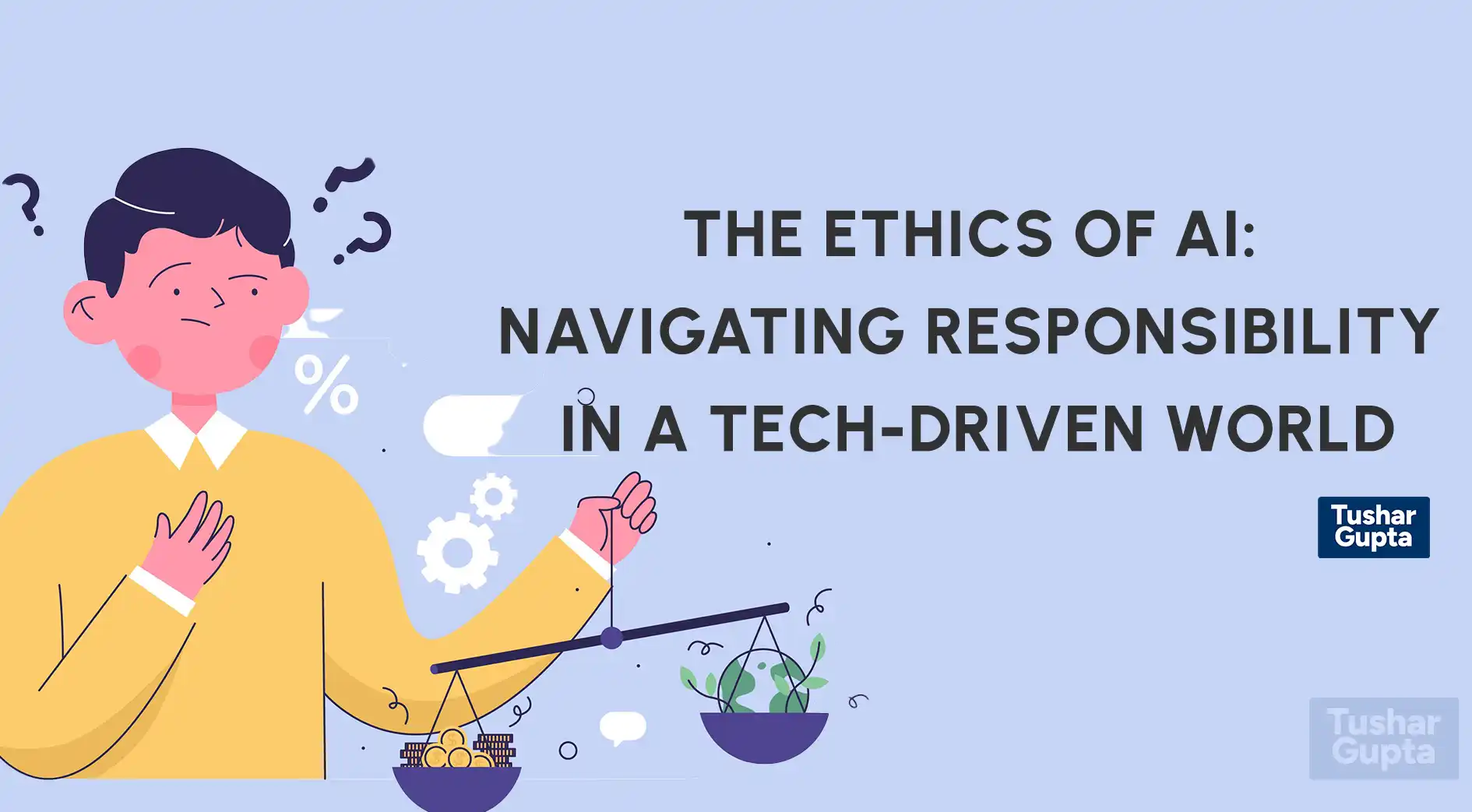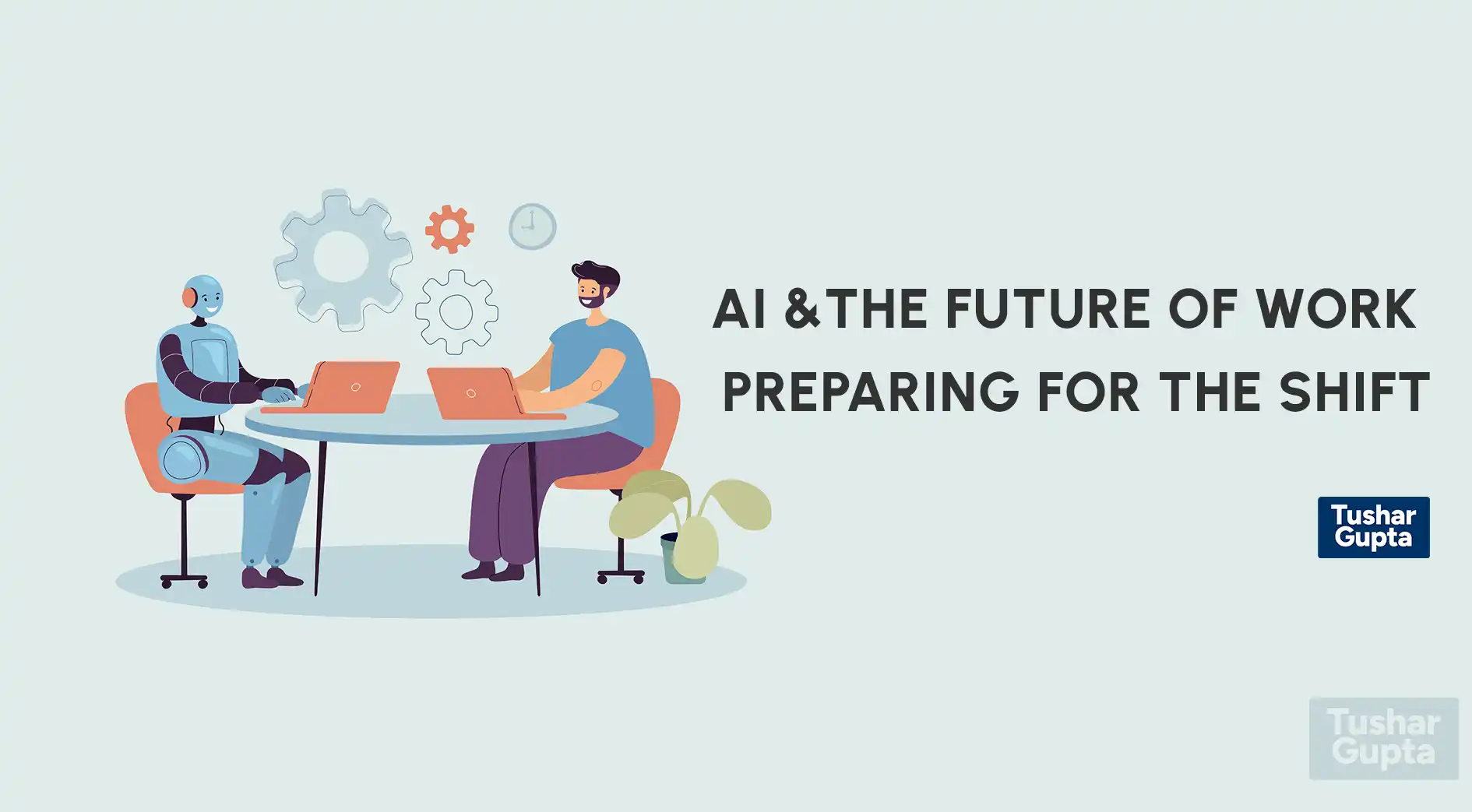Artificial Intelligence (AI) is revolutionizing our world, but with great power comes great responsibility. As AI continues to integrate into every aspect of our lives, it brings with it a host of ethical questions that are crucial to address. From ensuring fairness and transparency to safeguarding privacy and mitigating bias, understanding the ethics of AI is essential for building trust and ensuring its benefits are shared by all.
This blog explores the ethical challenges posed by AI, the principles guiding responsible AI, and what you can do as an individual or organisation to foster ethical AI development and use.
What Are AI Ethics?
AI ethics refers to the principles and guidelines governing the development, deployment, and use of AI systems. These principles aim to ensure that AI technologies are:
-
Fair: Free from bias and discrimination.
-
Transparent: Easy to understand and explain.
-
Accountable: Clear about who is responsible for decisions.
-
Beneficial: Focused on improving human welfare and avoiding harm.
In short, AI ethics ensure that the technology works for everyone and not just a privileged few.
Key Ethical Challenges in AI
Bias and Fairness - AI systems can inadvertently perpetuate or even amplify societal biases. For instance, facial recognition software has been criticized for higher error rates in identifying people of certain racial or gender groups.
Solution - Diverse training datasets and rigorous testing can help mitigate bias.Privacy - AI systems often require large amounts of data, raising concerns about how personal information is collected, stored, and used.
Solution - Employ techniques like data anonymization and ensure compliance with privacy regulations such as GDPR.Accountability - Who is responsible when an AI system makes a mistake? Whether it’s a self-driving car causing an accident or a hiring algorithm making unfair decisions, the question of accountability looms large.
Solution: Establish clear accountability frameworks that outline the roles and responsibilities of developers, users, and organizations.Transparency - Many AI systems function as "black boxes," making decisions without clear explanations. This lack of transparency can erode trust and hinder adoption.
Solution - Develop explainable AI (XAI) systems that provide understandable insights into how decisions are made.
Principles for Responsible AI
-
Inclusivity: Involve diverse perspectives in AI development to ensure fair outcomes.
-
Sustainability: Consider the environmental impact of AI, such as energy consumption in training large models.
-
Ethical Design: Embed ethical considerations into every stage of the AI lifecycle, from design to deployment.
-
Regulation and Oversight: Support laws and standards that promote ethical AI practices.
Why Ethical AI Matters for You
As a user, understanding AI ethics empowers you to:
-
Make informed decisions about the technology you use.
-
Advocate for fairness, transparency, and accountability.
-
Trust AI systems that prioritise ethical considerations.
As a professional or organisation, fostering ethical AI ensures:
-
Compliance with laws and regulations.
-
Enhanced trust and reputation.
-
Long-term sustainability of AI initiatives.
Closing Thoughts
Ethical AI is not just a lofty ideal; it’s a necessity. As AI continues transforming industries and reshaping society, ensuring that it’s developed and used responsibly is paramount. By addressing ethical challenges proactively, we can harness AI’s immense potential while minimising risks.
Ethical AI is not just a lofty ideal; it’s a necessity. As AI continues transforming industries and reshaping society, ensuring that it’s developed and used responsibly is paramount. By addressing ethical challenges proactively, we can harness AI’s immense potential while minimising risks.



